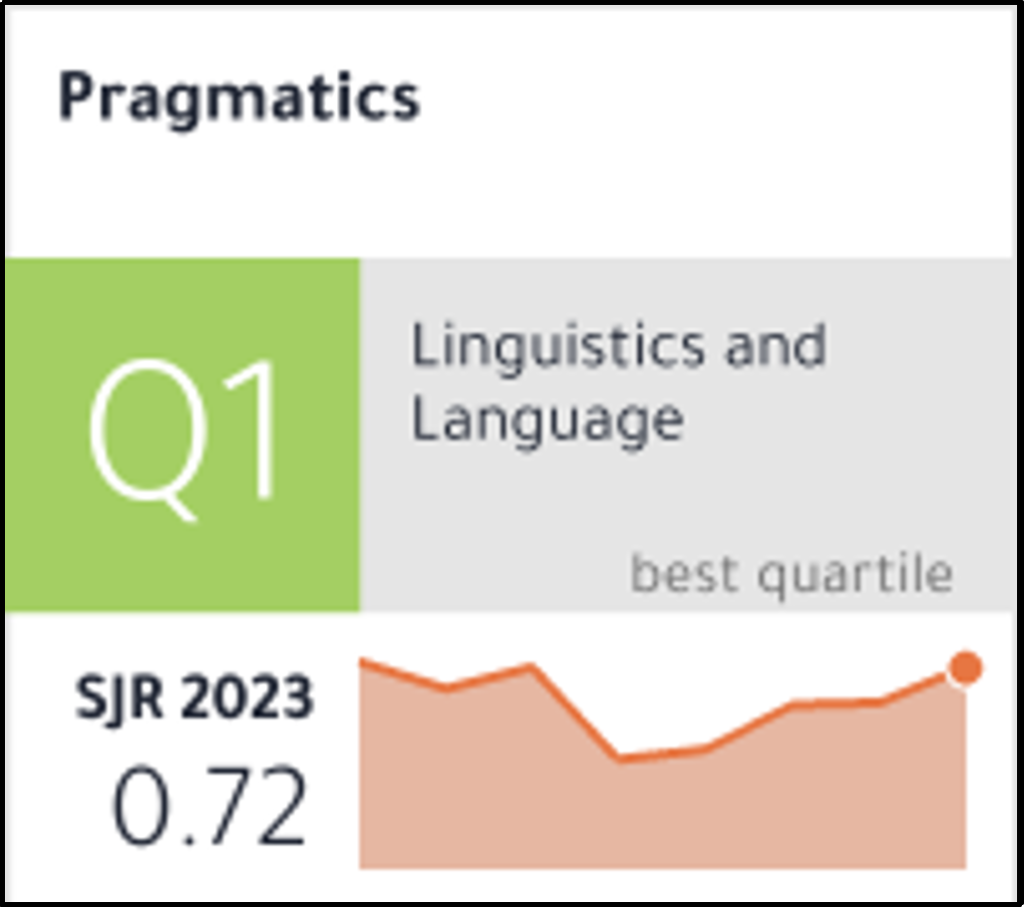International Pragmatics Association (IPrA)
The idea for an International Pragmatics Association was first launched during the International Pragmatics Conference held in Viareggio, Italy, in September 1985. The first step was to ask a large number of experts internationally whether they thought such an Association was a good idea, and whether they would be willing to serve on its Consultation Board. Before the end of the year, a Board had been formed.
John Gumperz agreed to act as IPrA’s first President, and in early 1986 the Association was set up as a not-for-profit organization with its seat in Antwerp, Belgium. Many other colleagues have served the Association on its Consultation Board in the many years since.
Currently, the International Pragmatics Association (IPrA) is an international scientific organization devoted to the study of language use. Established in 1986, it now has 1,500 members in over 70 countries world-wide.
It represents the field of pragmatics, i.e. the science of language use, in its widest interdisciplinary sense as a functional (i.e. cognitive, social, and cultural) perspective on language and communication. In particular, it pursues the following goals:
- Providing an international framework for the discussion and comparison of results of the fundamental research, in various disciplines, carried out by those dealing with aspects of language use or the functionality of language;
- Stimulating various fields of application (such as language teaching, the study of problems of intercultural and international communication, the treatment of patients with language disorders, the development of computer communication systems, etc.);
- Disseminating knowledge about pragmatic aspects of language, not only among pragmaticians of various ‘denominations’ and students of language in general, but in principle among everyone who, personally or professionally, could benefit from more insight into problems of language use.
In all its endeavors IPrA aims at the widest possible international inclusiveness.
While advancing the science of language use, IPrA hopes to contribute, however modestly, to successful communication across languages and borders.











